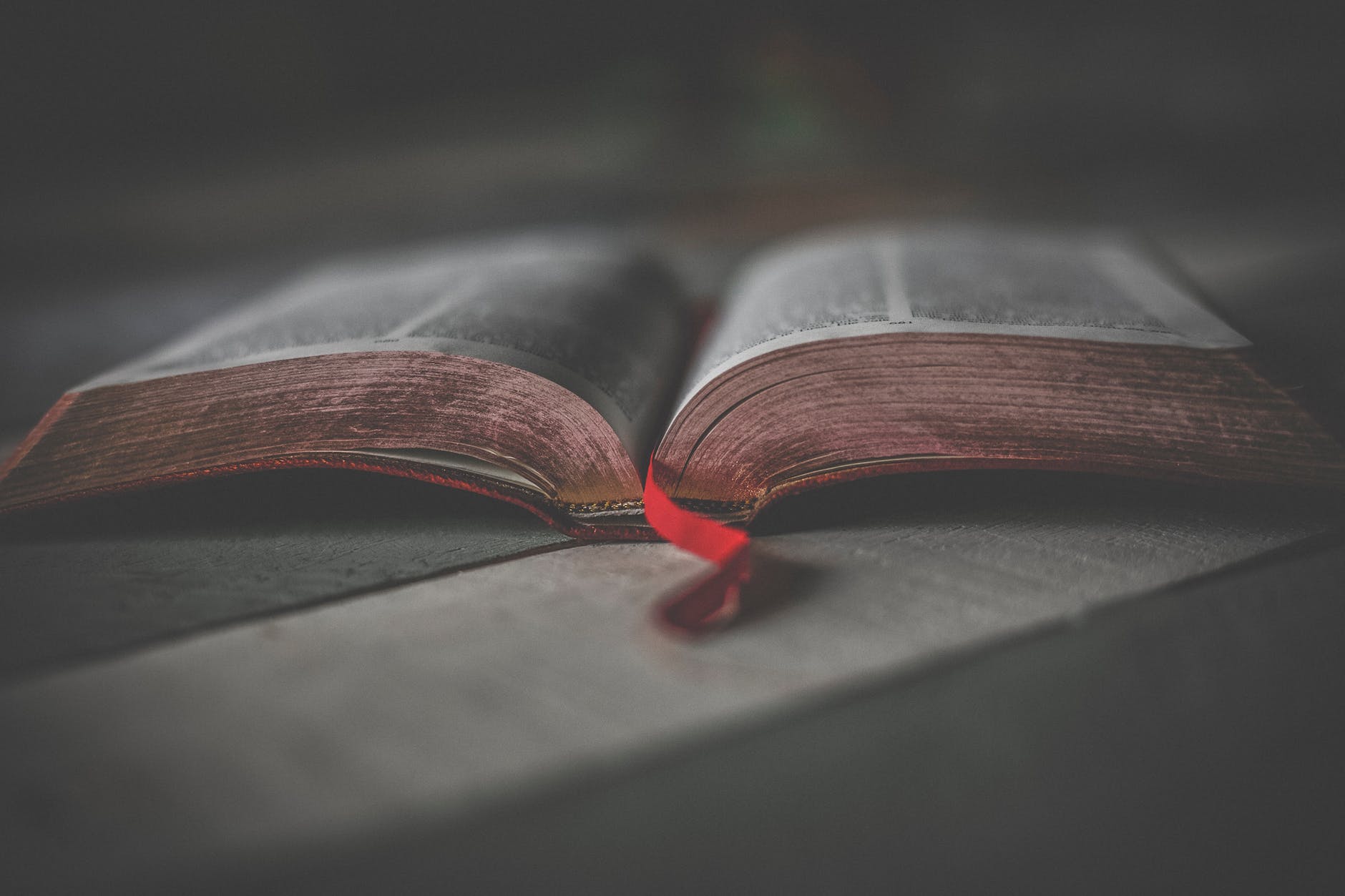After getting a Kindle Touch last week and falling in love with it I became more aware of what ‘public domain’ means in the way of eBooks. Being a librarian I guess I should already know about this – however now is better then never to learn about it.
So what does public domain actually mean?
Public domain = free, basically.
Let me explain public domain happens when the intellectual property rights have expired, been forfeited or are not-applicable. This means that the item in question (lets say Oscar Wilde) is available free of charge and are therefore public domain. Depending on what country you are in will depend on the time that the work becomes pubic domain.
Prior to 2006 in Australia there was the benchmark of plus 50; which means that a work becomes public domain 50 years after the author’s death. The amendment was made to extend it by 20 years – this brought us level to European standards.
Interestingly through research and by going onto Public Domain Day – I found out that NOTHING in the United States is entering the public domain until 2019. Click picture below to get the legibility version.

There are dozens of free websites that you can download public domain books from. There have also been organizations set up to manage the vast-ever increasing amount of books that become public access each year.
The most notable one would be Project Gutenberg It was established in 1971 and has over 39,000 works published in multiple languages. It is the oldest digital library. Project Gutenberg Australia is the Australian branch of it.
Some authors that are in the public domain are:
- Jane Austen
- Charlotte and Emily Bronte
- Lewis Carroll
- Charles Dickens
- Sir Arthur Conan Doyle – one of my favourites
- Brothers Grimm
- H. G Wells
- James Joyce – entered this year into the domain
- Edgar Allen Poe
- Shakespeare
- Mary Shelley
- Mark Twain
- Oscar Wilde
- Charles Darwin
- Virgina Woolf – another one that entered this year
- Bertrand Russell

Leave a Reply